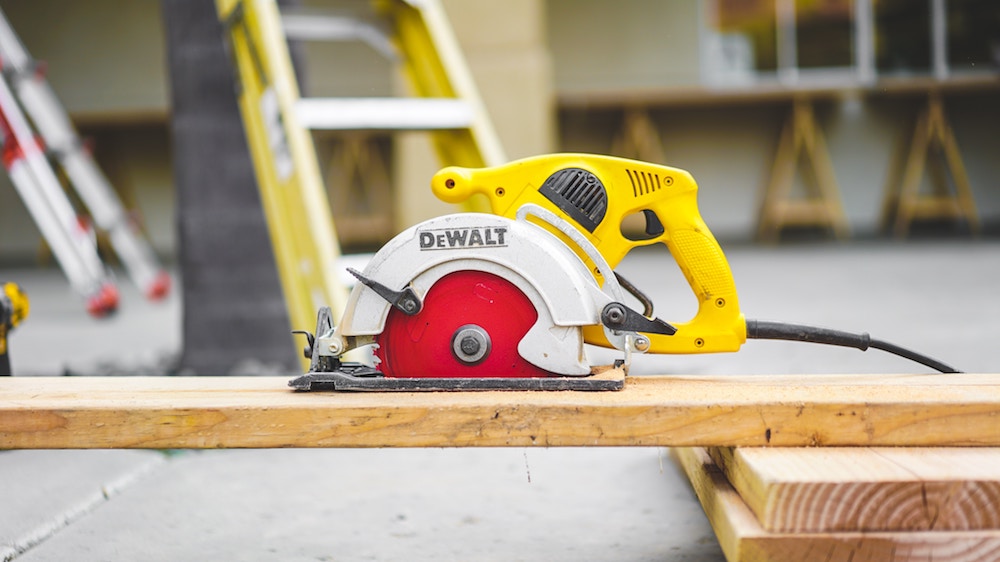Retainage is a funny word. According to the red squiggly line that appeared when I typed this, it might not be a word at all. Regardless, retainage laws are an important concept in construction payment – they regulate how much of payment may be retained and for how long. A recent Louisiana case went a long way to show just how important retainage claims really are.
A Contractor’s Right to Retainage Is Strong In Louisiana
Is it Time for Retainage Reform?
Retainage rules carry a tough balance. On one hand, retainage rules protect higher-tiered parties. They allow those paying parties some security knowing that some leverage remains intact to see a project through. On the other hand, if retainage can be held too long by those paying parties, the lower-tiered parties suffer (and slow payment is already a huge industry problem).
Retainage laws also apply to the relationship between the property owner (or public entity) and the prime contractor. A recent Louisiana case emphasizes the importance of a contractor’s right to the release of retainage to a prime contractor.
We discussed that tricky balance just a few days ago, actually, in this post: California Retainage Laws Make More Sense After Supreme Court Ruling.
Recent Case Strengthens Louisiana Retainage Laws
We won’t dive too much into the specifics of this case, because the takeaway is the important part here. Here’s the gist of it:
A New Orleans contractor agreed with the Orleans Parish School Board to perform a project. That project was supposed to span 548 days. Like many projects, there were penalties for delays. Here, the contractor would have to pay $5,000 for every day the project overran than 548 day limit. Ouch.
Like many construction projects, the project blew past its schedule. In fact (517 days past its schedule) almost doubling the span of the project. That means the contractor owed nearly $2.6M in liquidated damages. OUCH.
Eventually, though, the project was completed. Upon completion, the contractor was denied retainage payments. The school board, which was owed millions, denied to release retainage since the contractor actually owed more in damages than the amount of the required retainage payment. The contractor sued the Orleans Parish School Board to recover retainage payments.
Check out this post from Breazeale Sashse & Wilson on Lexology for an in-depth look.
The Court
Here’s the full opinion from the Louisiana Fourth Circuit Court of appeals: Woodrow Wilson Construction v. Orleans Parish School Board.
The court found that, regardless of existing claims against the contractor, the school board was required to release retainage as set out by the Louisiana retainage laws. They were pretty emphatic, too. To quote the court: “…a public entity’s separate claims against a contractor are secondary to the contractor’s right to prompt payment…”
Now, don’t think that this means the contractor is off the hook. The court simply stated that the school board can’t withhold retainage here. The school board can (and almost definitely will) sue the contractor for those late payments. But, the school board must first release payments as they’re required to by Louisiana law. If the court had decided otherwise, a dangerous precedent might have been set.
Takeaway
Retainage laws are on a bit of a hot streak lately. Considering they’re a pivotal part of bringing fairness into construction payment, that shouldn’t come as that much of a surprise. The construction industry is riddled with financial risk from the top of the chain down to the lowest tier. Without the presence of mechanics lien laws, retainage laws, and prompt payment laws, claimants would lose the leverage necessary to ensure payment.
Now, the ultimate cure for the construction industry’s woes is not filing claims left and right to enforce payment. No, the key to fixing construction payment is collaboration. But least for now, the ability to leverage legal rights (even when no claim is ever made) is a great way to keep a job on track.
We’ve got a library of Louisiana Construction Payment Resources, including free downloadable forms and FAQs. Not in Louisiana? Select your state.

